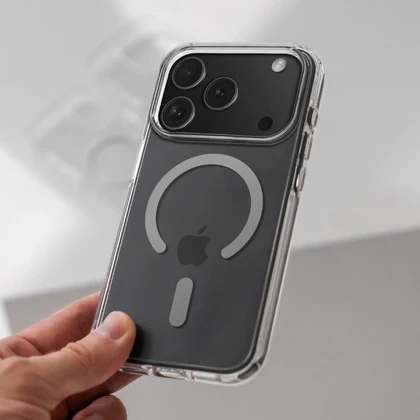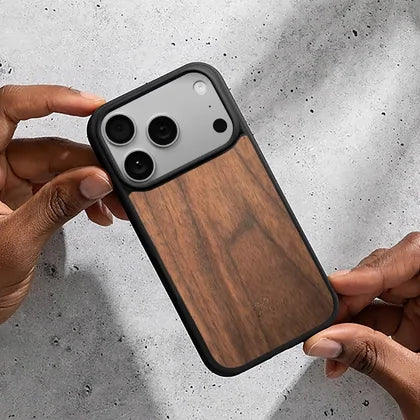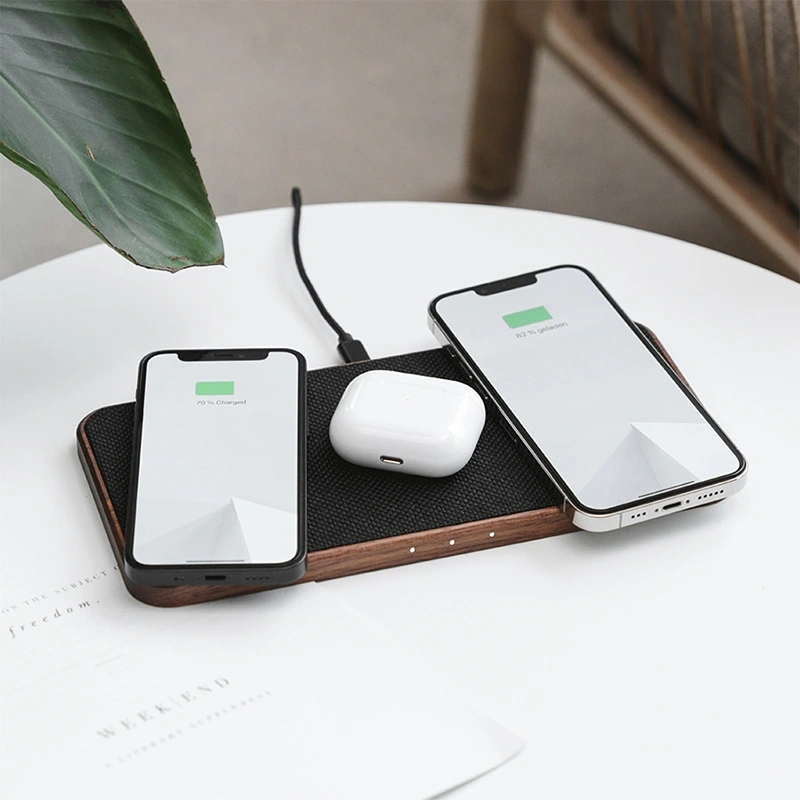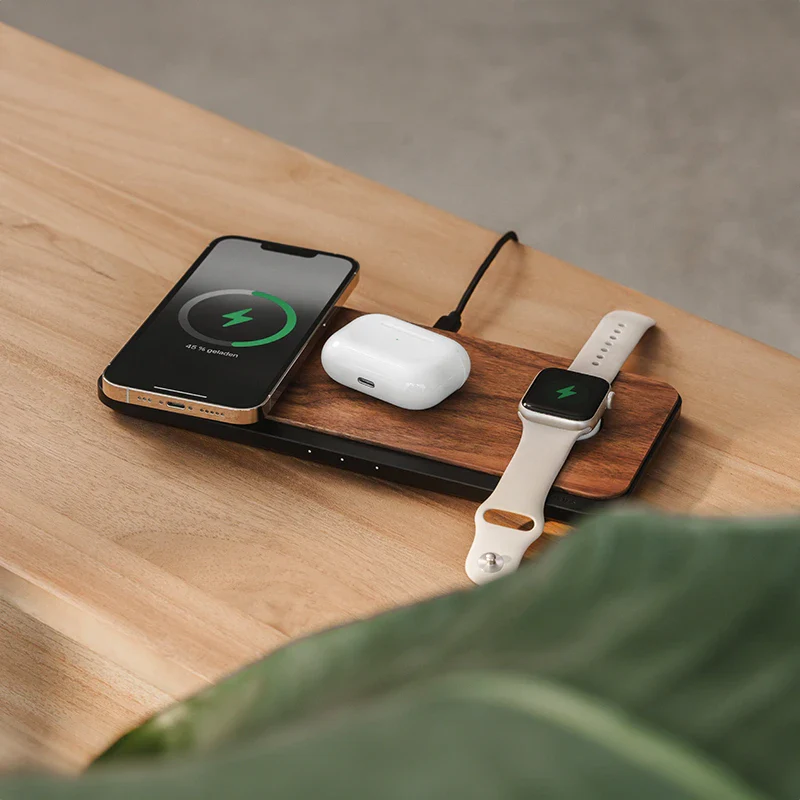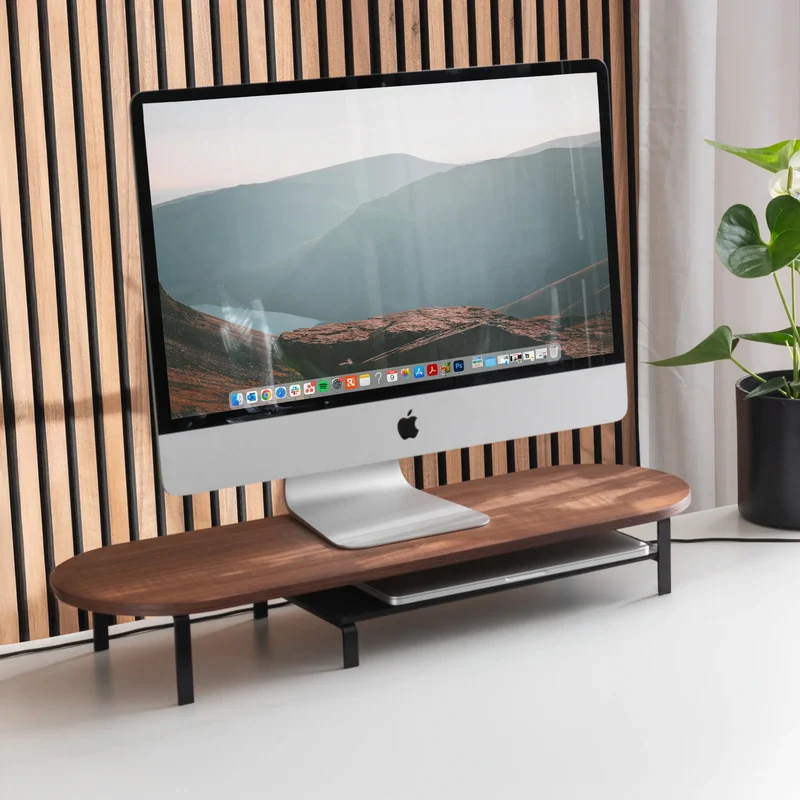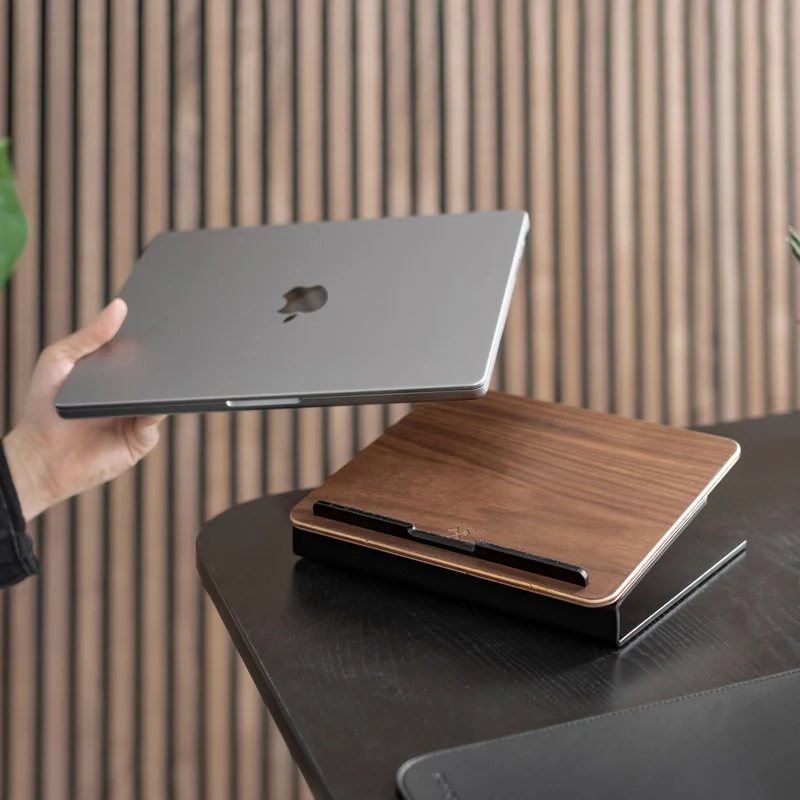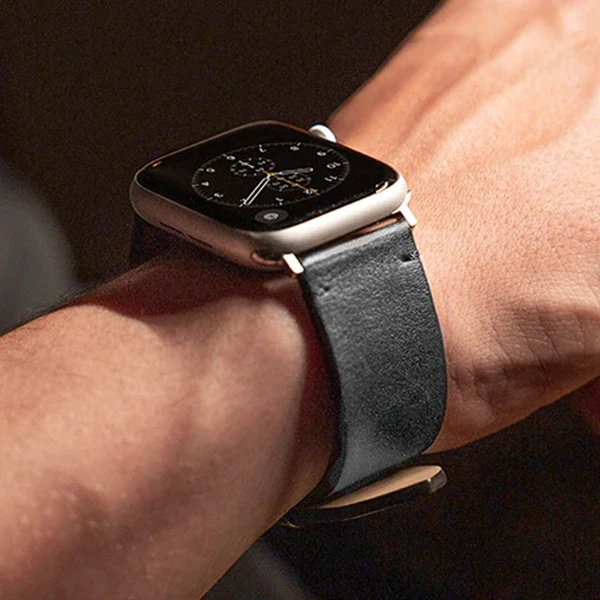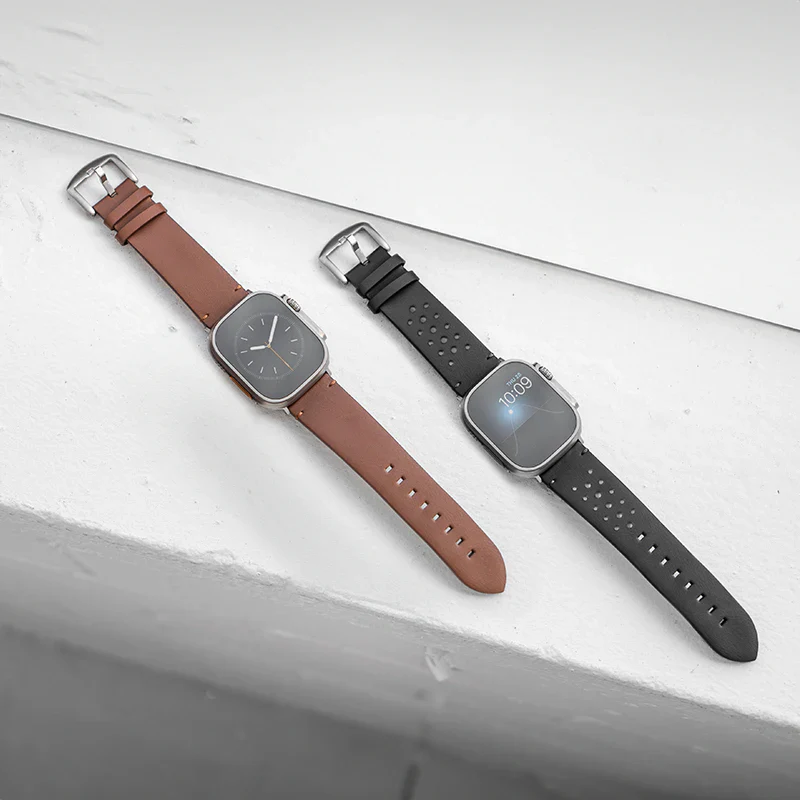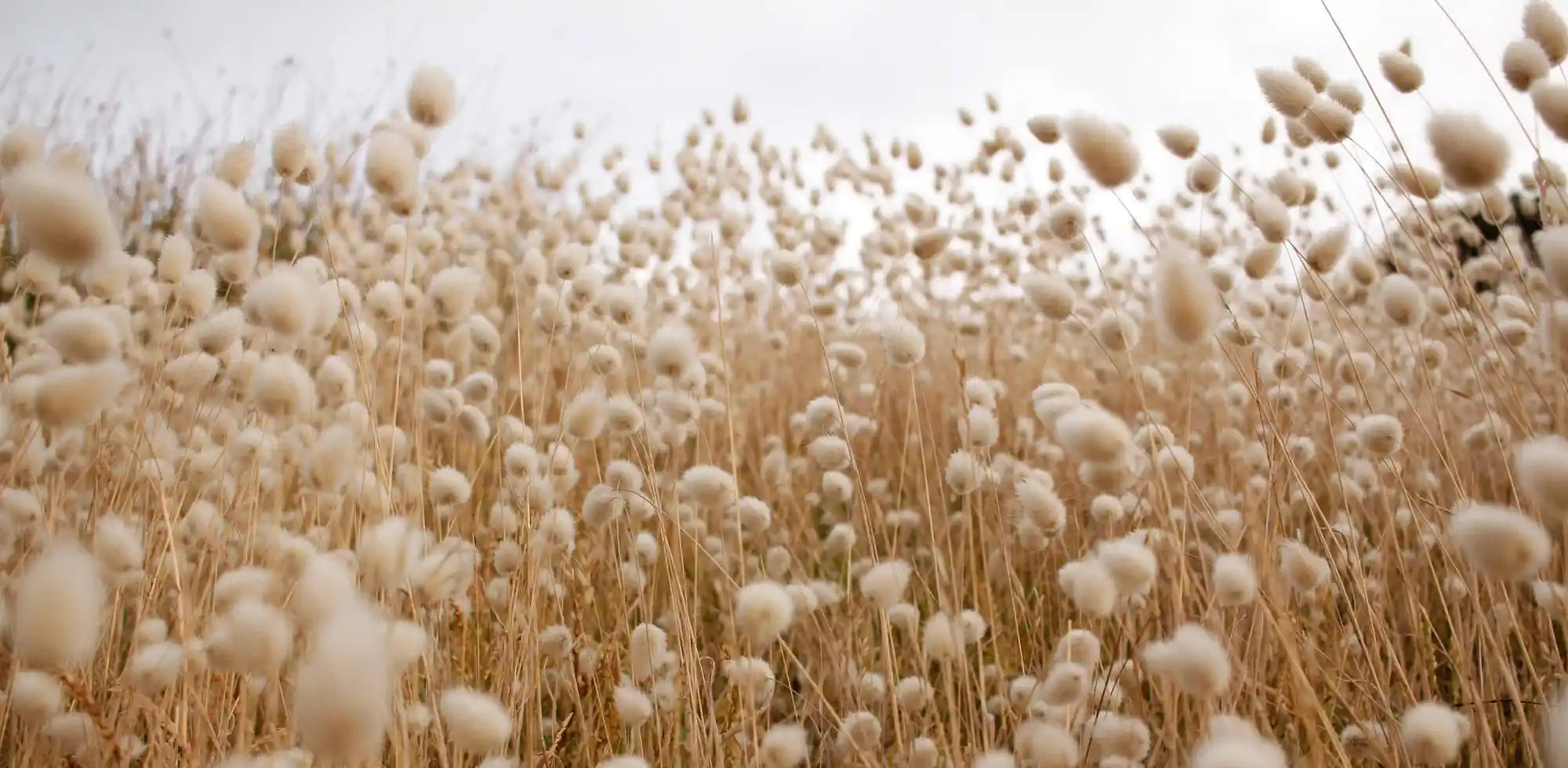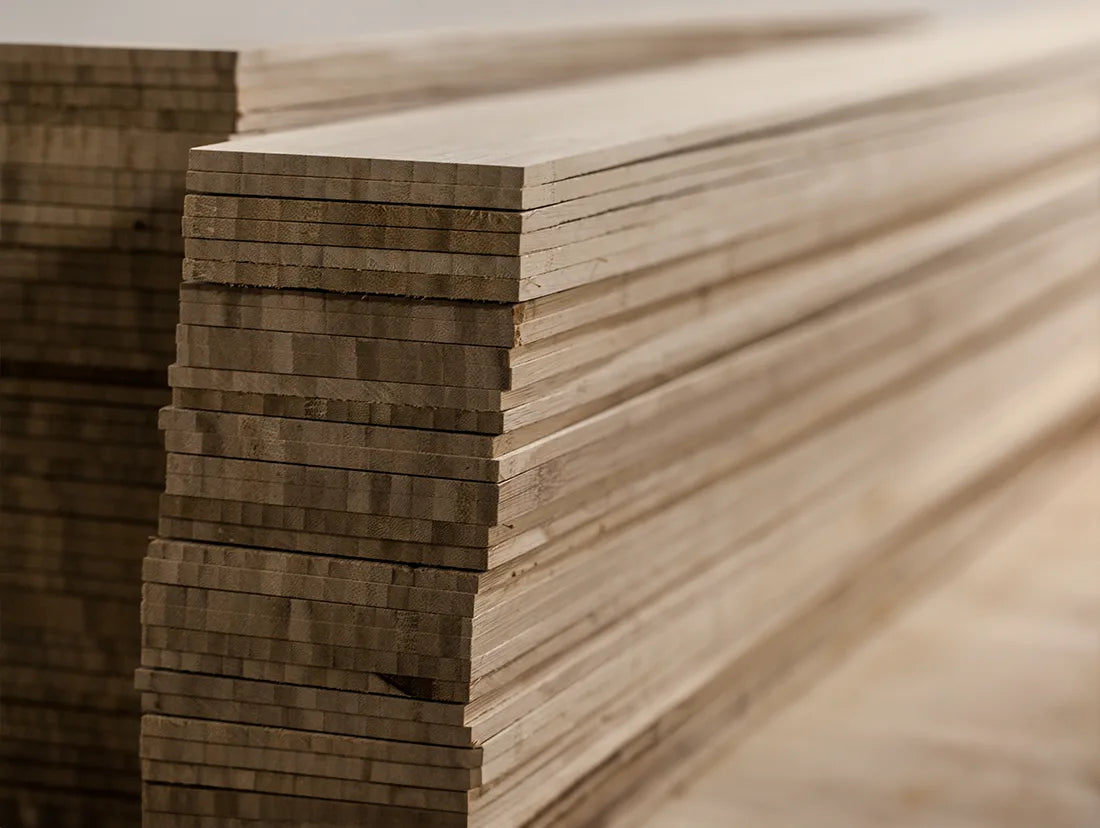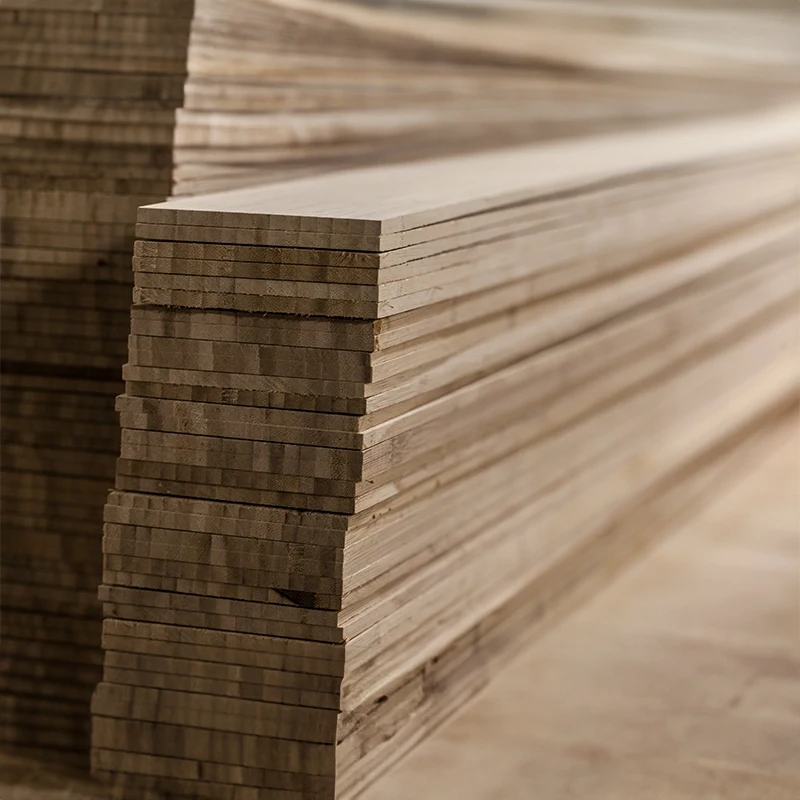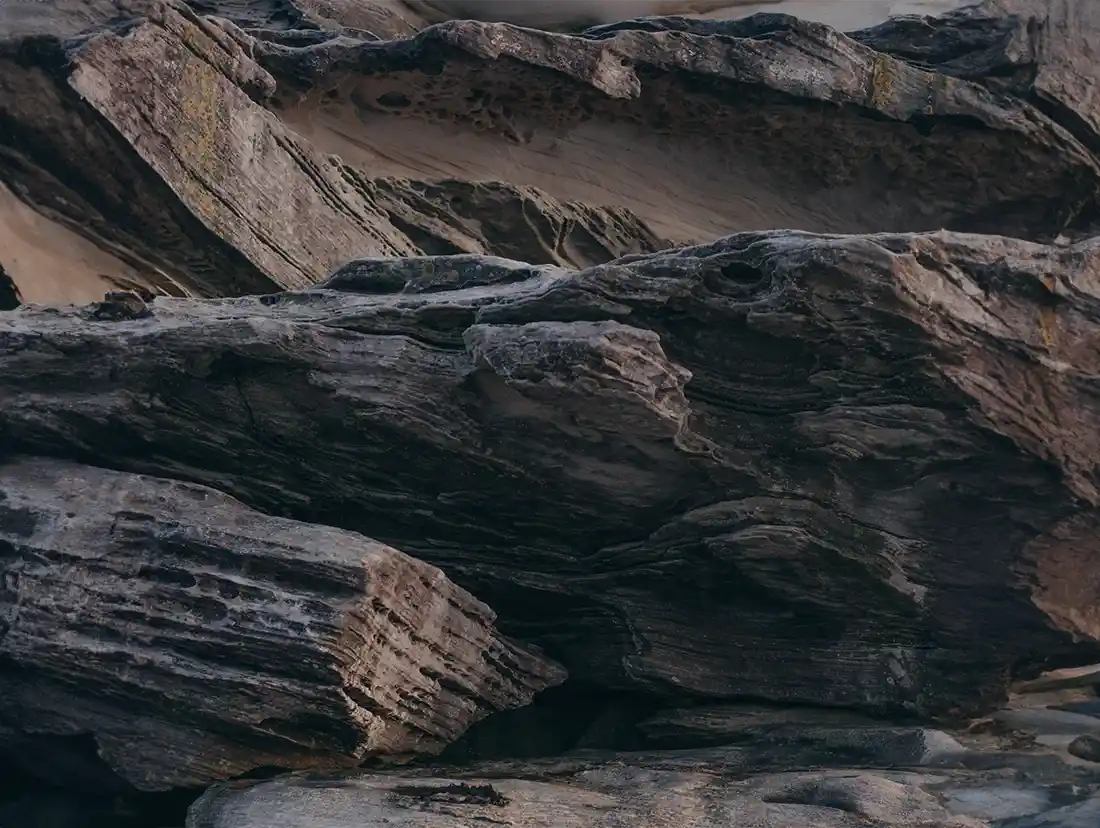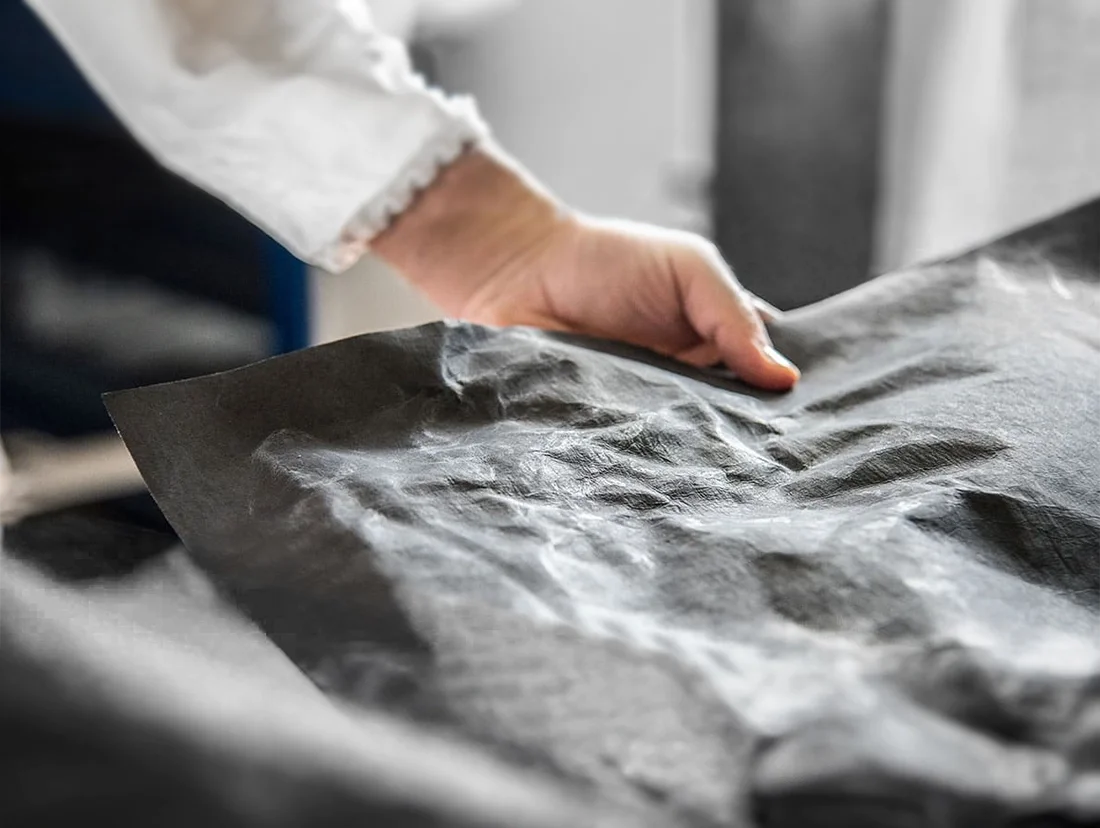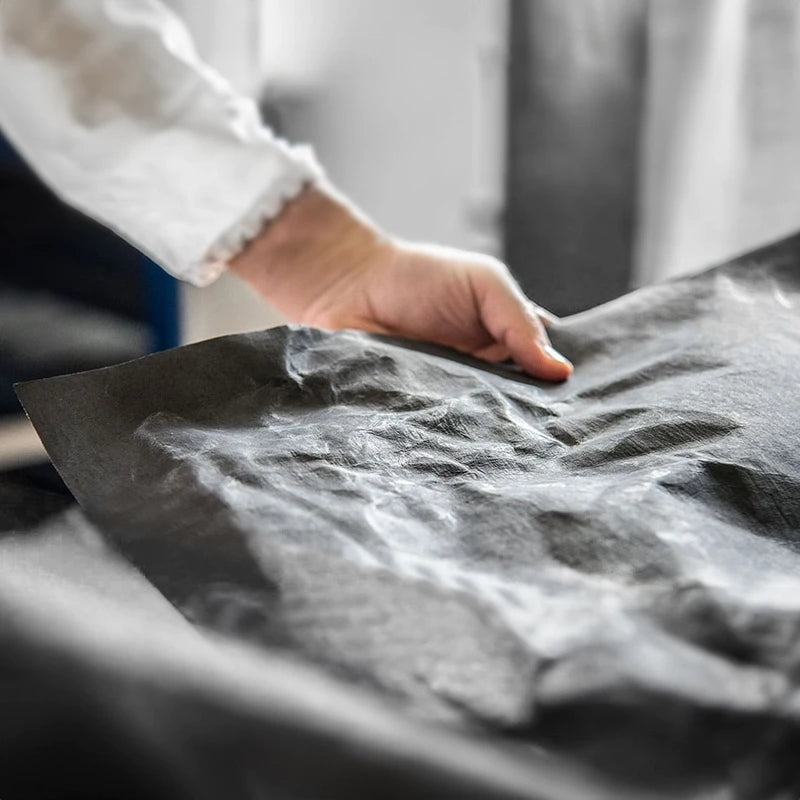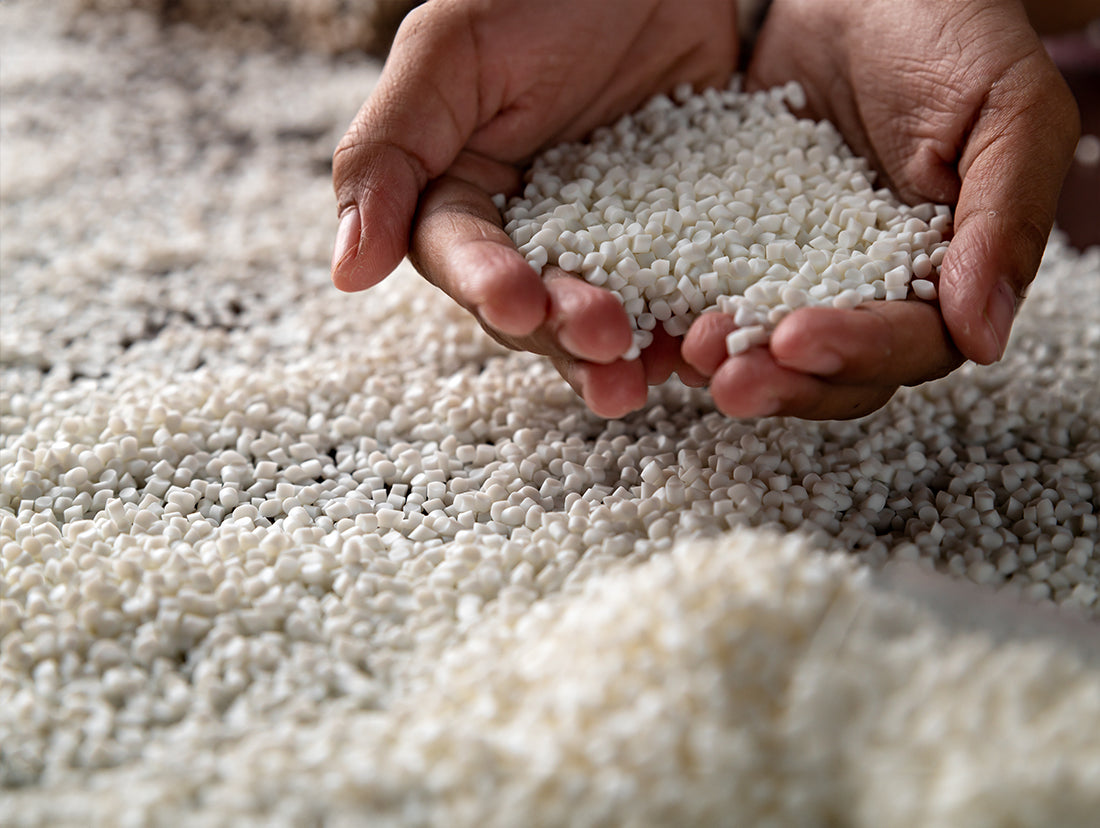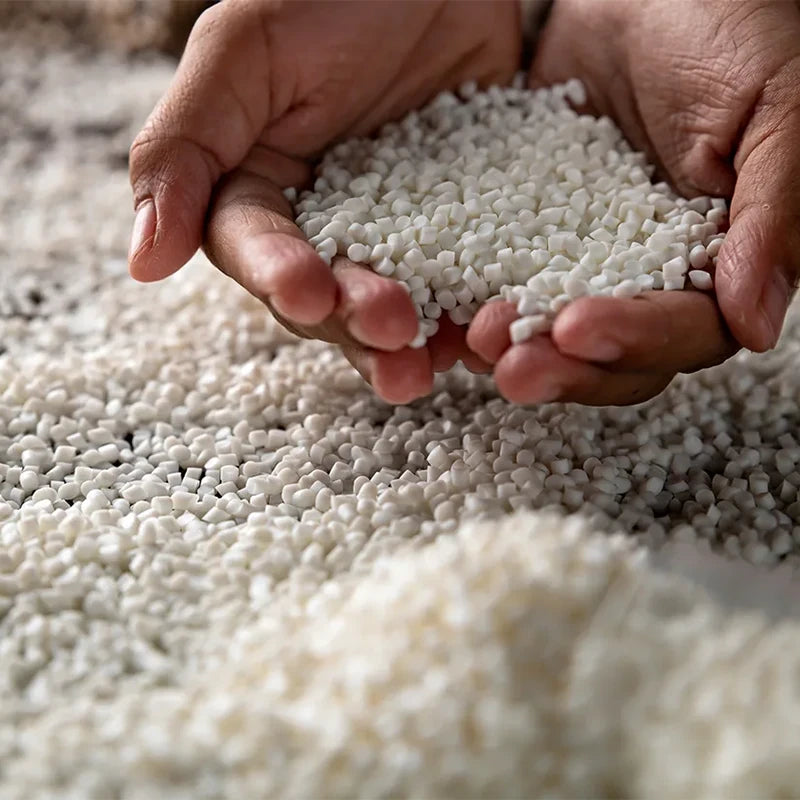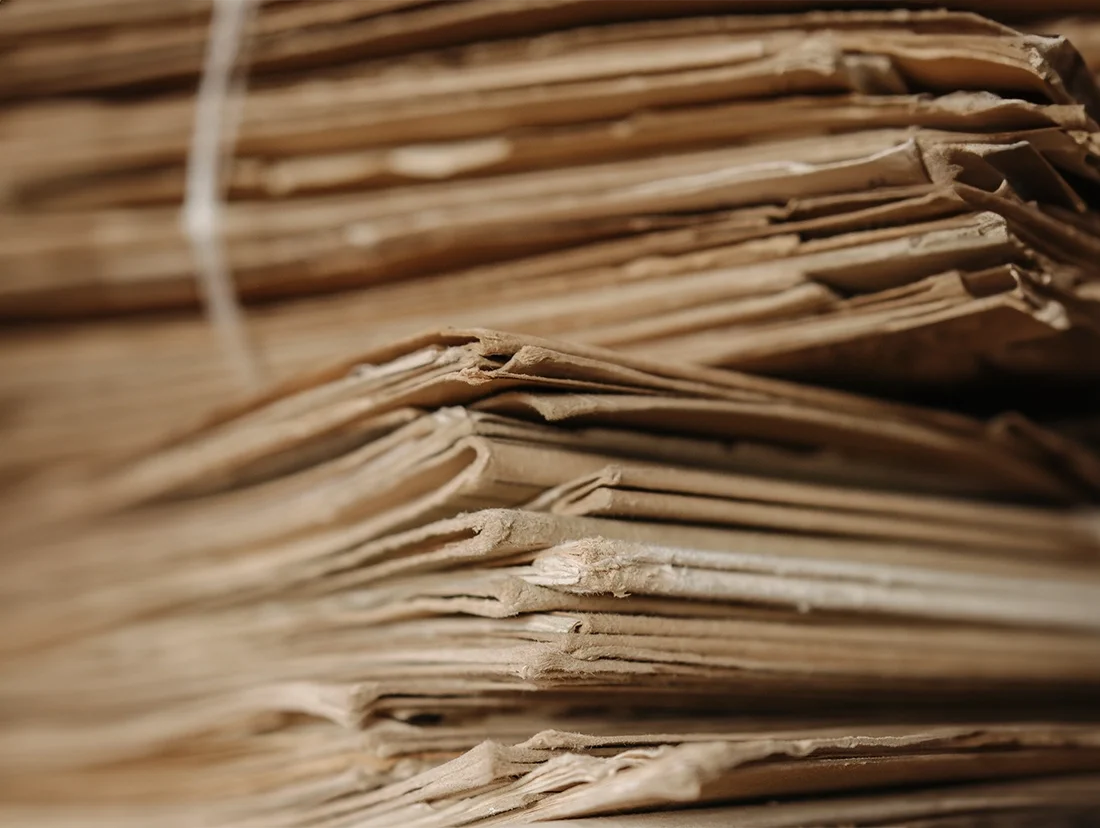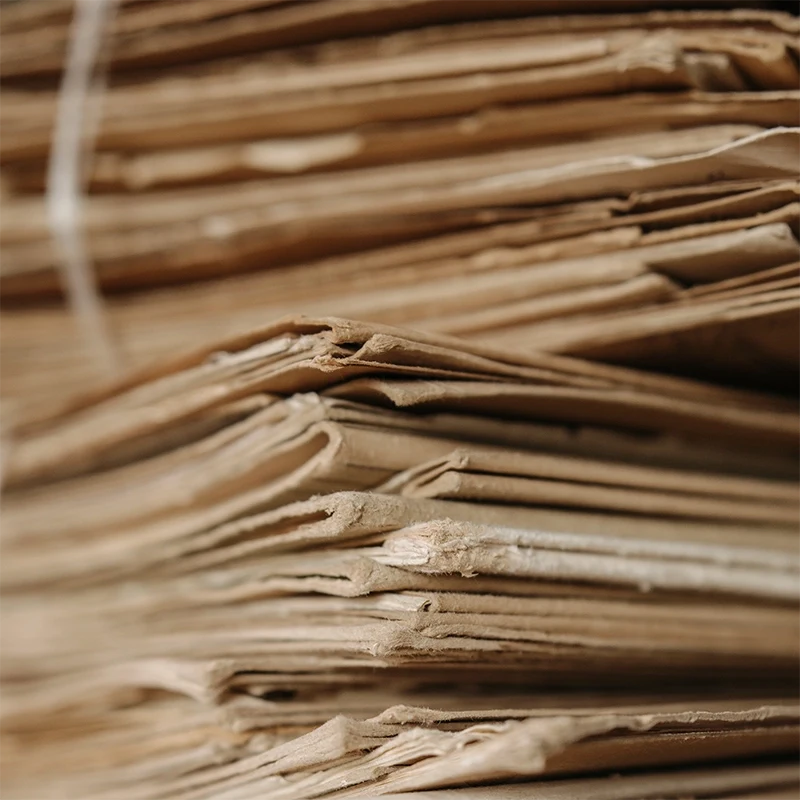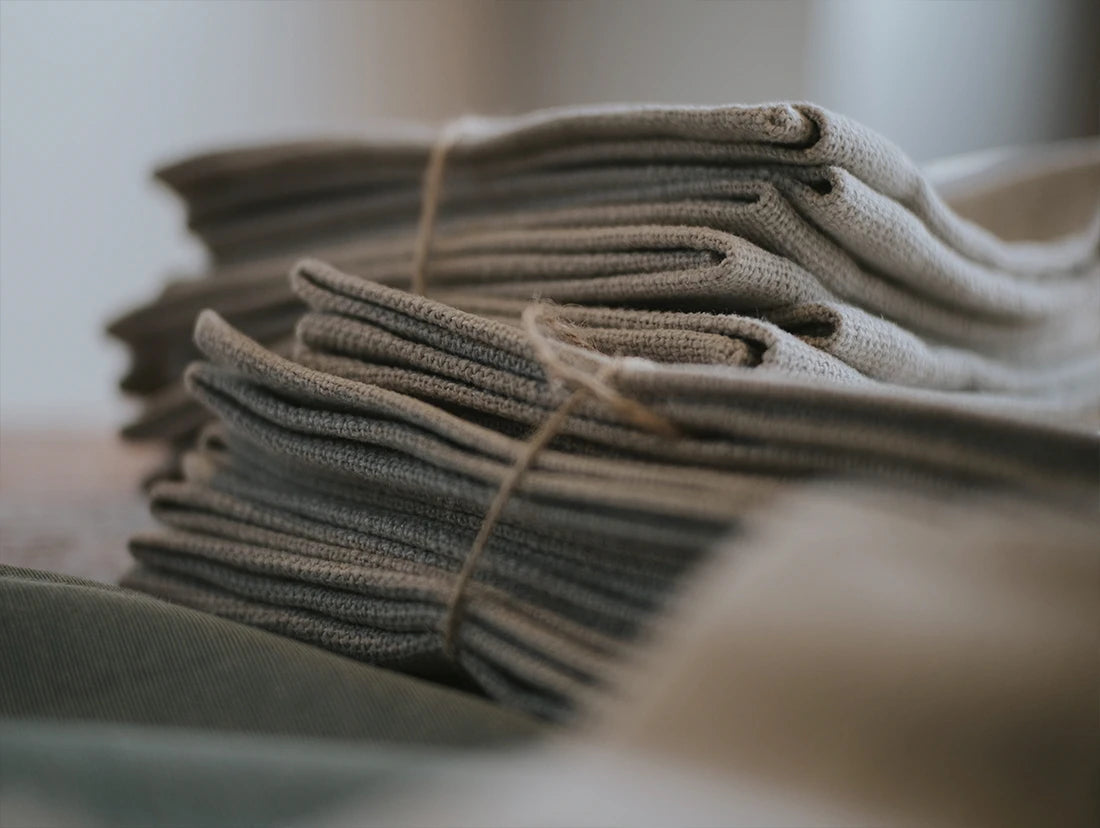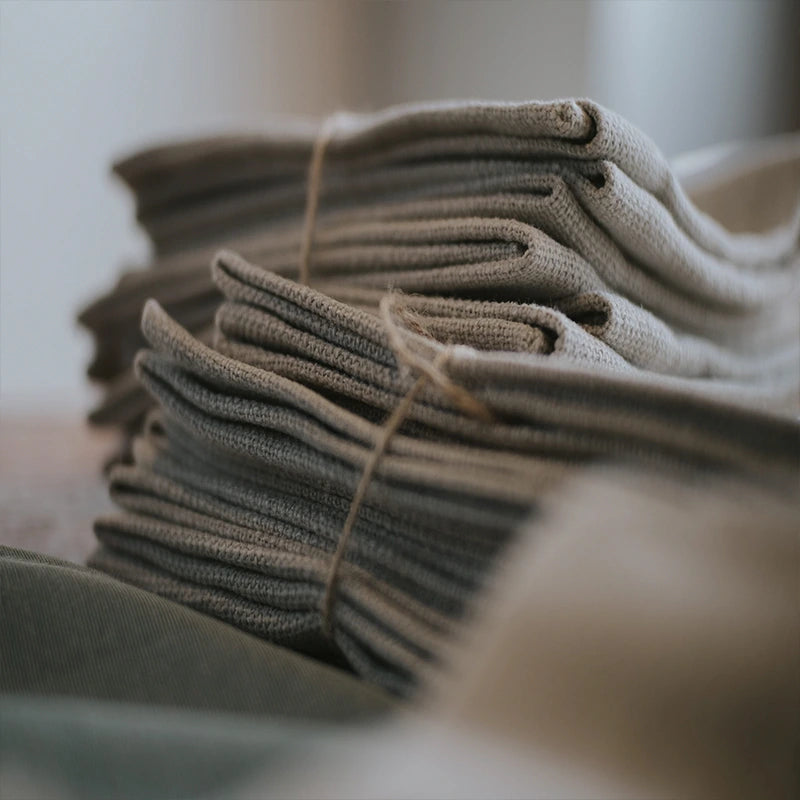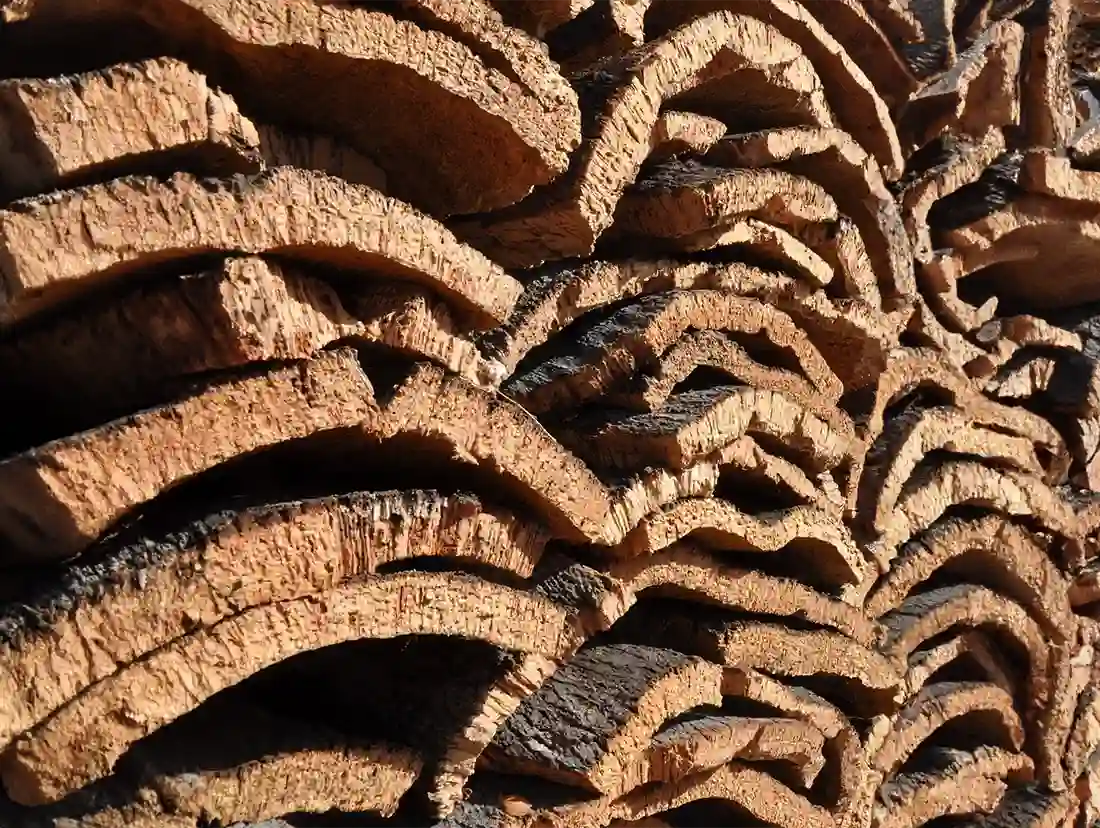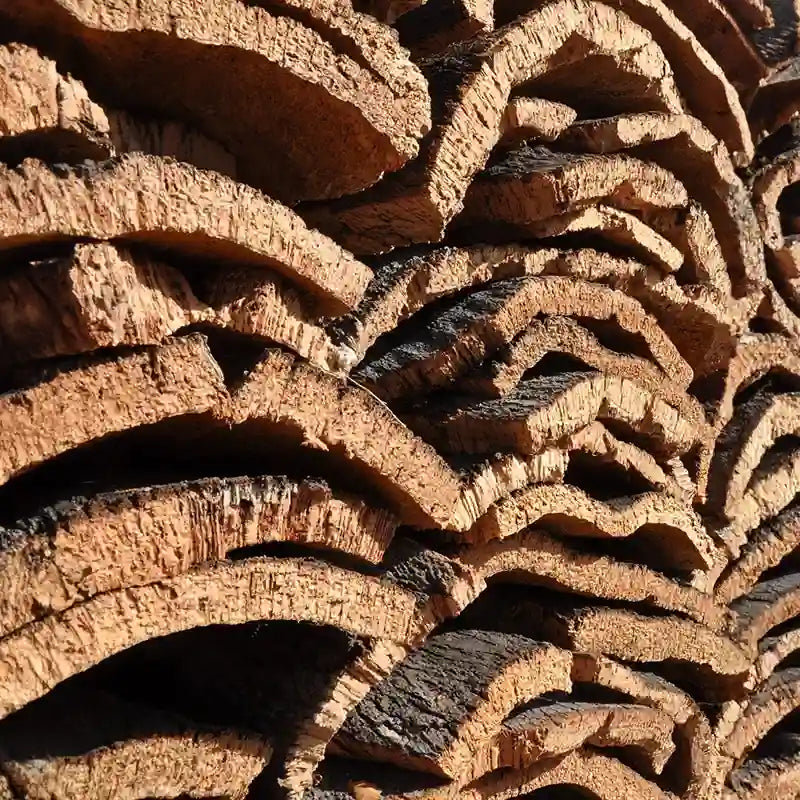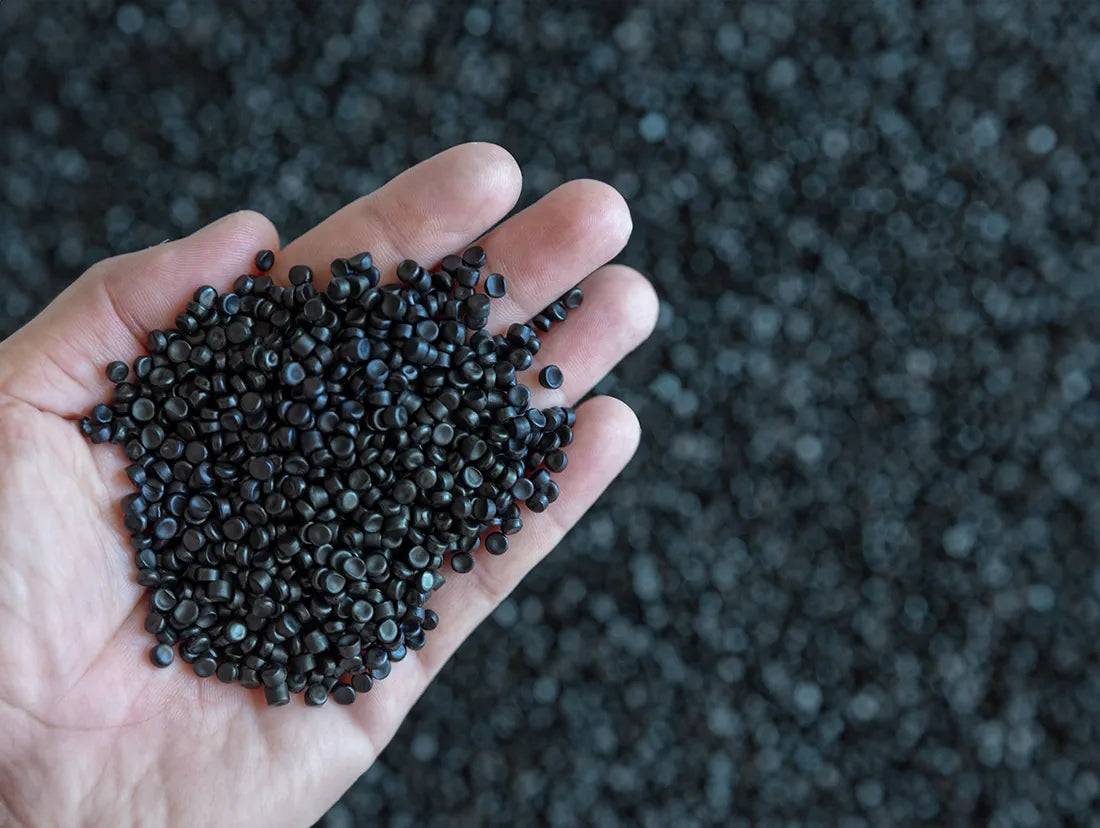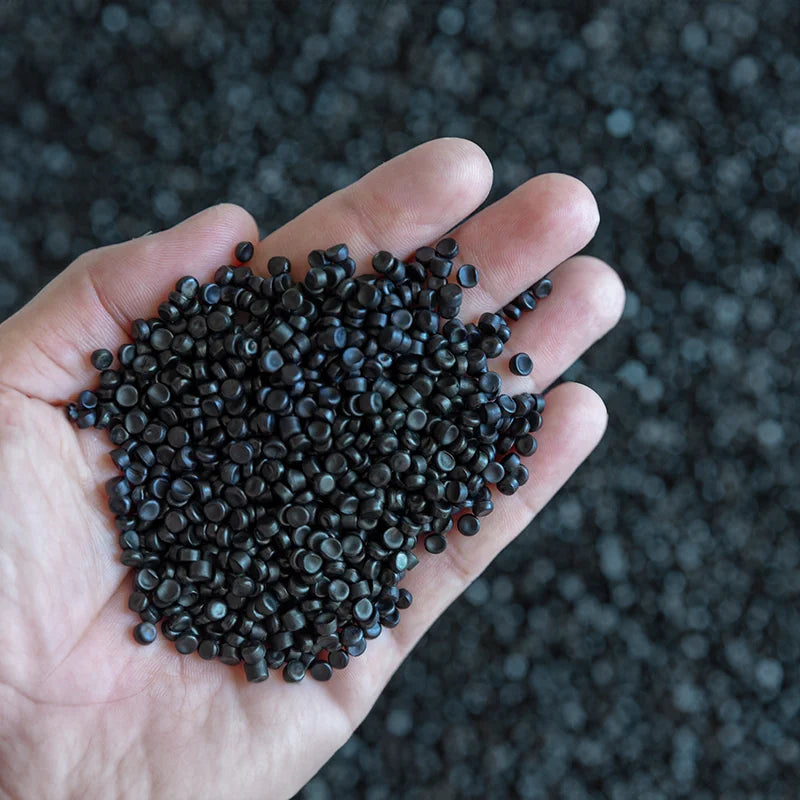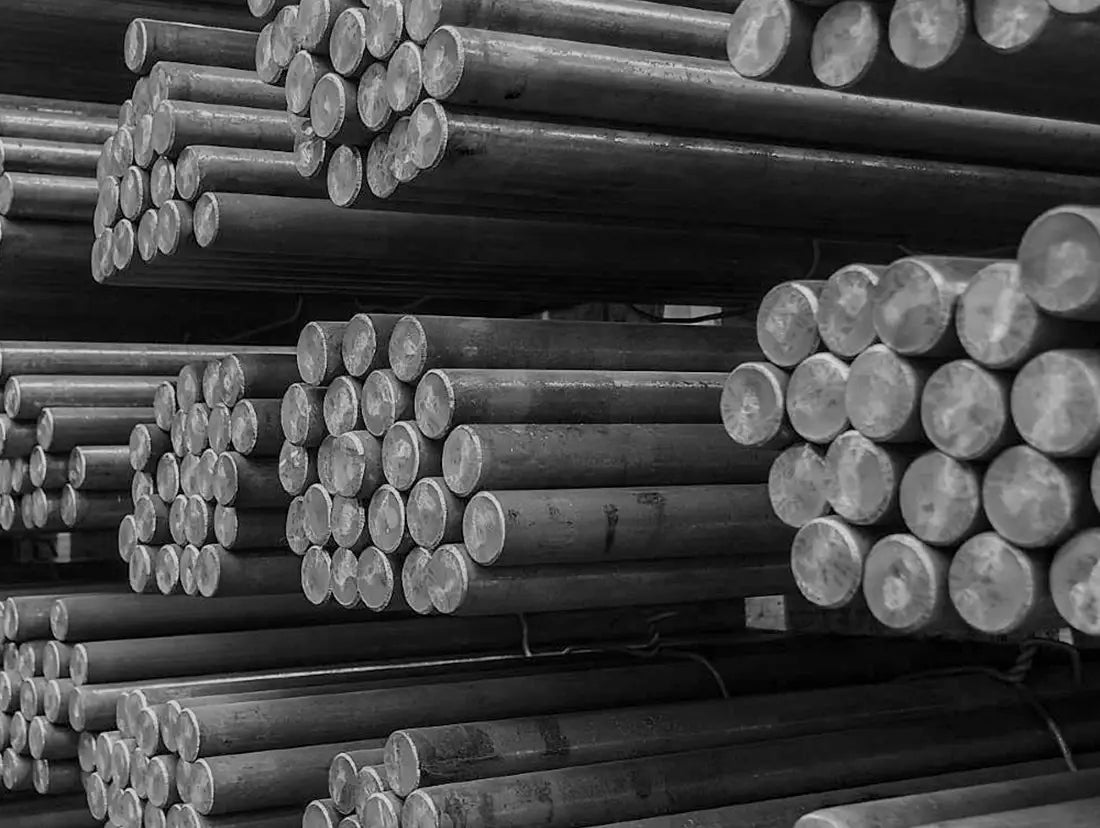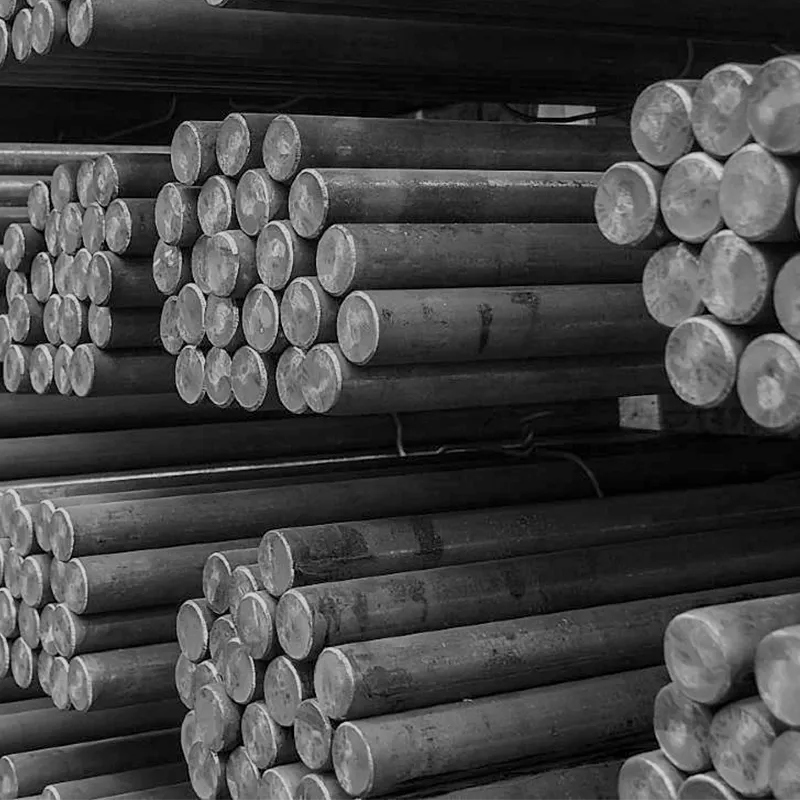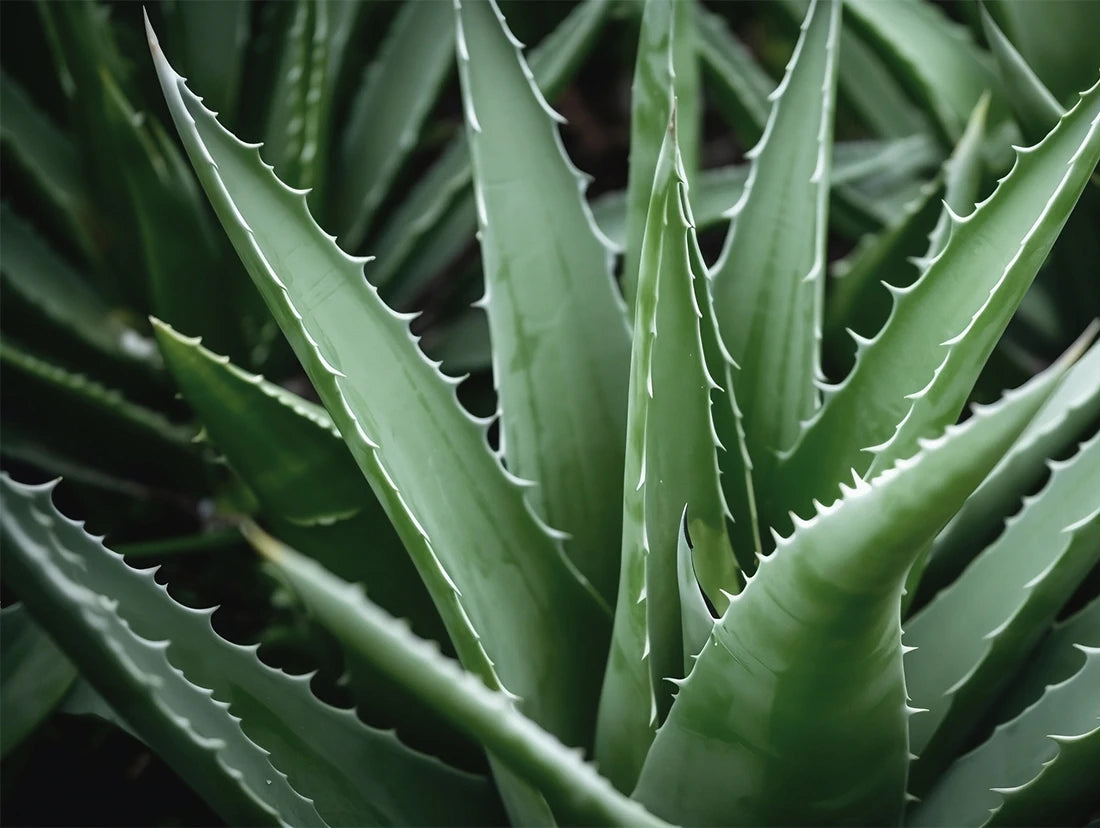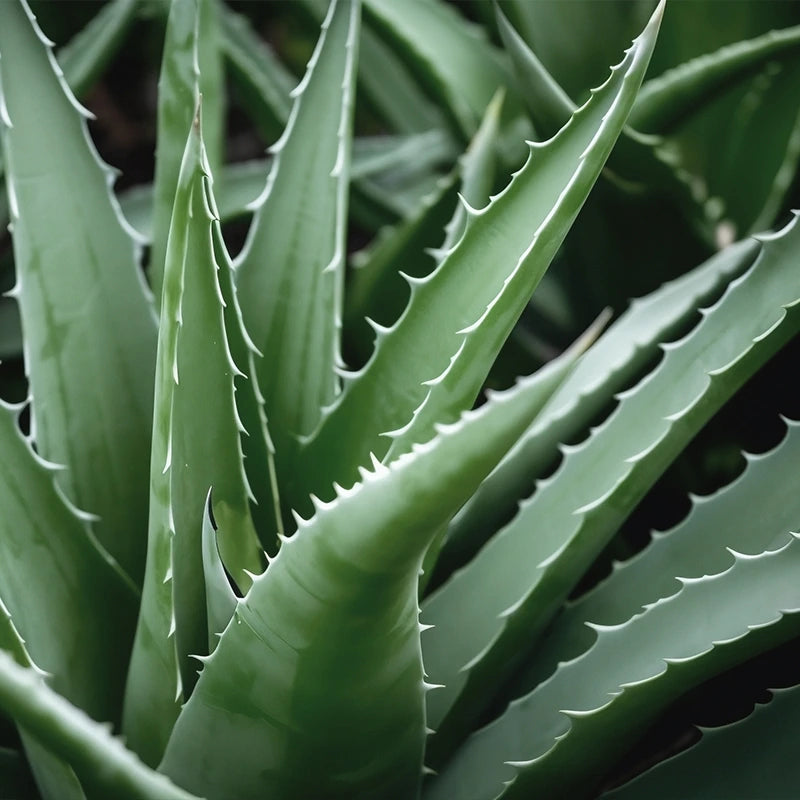Wood
Our focus is on the balance of sustainability and quality. To achieve this, we have worked since the beginning with one of the most valuable natural resources: Wood. The durable and robust material, which also meets our aesthetic requirements due to its beautiful grain, is ideally suited for the production of sustainable protective cases for your iPhone. However, it is only sustainable if the forestry is also sustainable. That's why we only use wood that comes from FSC-certified forests. Each piece of wood is carefully selected by hand to guarantee the highest quality. With our unique wood products, you not only protect the forests, but also your smartphone.
Stone
Our high quality cell phone cases are made of natural rock types such as granite, slate and quartzite. These rock types have evolved over up to 350 million years in the earth's crust. Like an individual fingerprint, each Case has its own distinctive pattern that makes it a unique work of art. Due to a special filigree milling the stone layer is only 1mm thin and super light. Our innovative sealing also makes the Cases flexible, unbreakable and waterproof. And it gets even better with time: the stone gets its own patina through use, giving the case a very special touch. Let your personal style be expressed through the unique character of our stone!
Kraft paper
Accessories made of paper and yet durable and robust? With kraft paper, this apparent contradiction is quite easy to implement. Eco-friendly kraft paper is not only stylish and functional, but also sustainable. The material is the perfect choice for anyone looking to reduce their environmental footprint and a real alternative to leather. The natural texture of kraft paper not only gives your accessory a unique touch, thanks to the extra long wood fibers from certified sustainable forestry, kraft paper also has a long life and durability. Robust and powerful despite low weight!
Bio-plastic
Bio-plastic made from plant starch is the sustainable alternative to conventional plastic! The bio-plastic is made from plant-based raw materials such as corn starch and is biodegradable, which means that under the right conditions it can decompose within a few months, unlike conventional plastic which takes centuries to do so. Additionally, the production of bio-plastic produces about 60% less CO2 and uses 65% less energy than conventional plastic, and it is free of harmful chemicals like BPA and phthalates. Renewable, durable and energy saving, the perfect combination!
Waste paper
Our environmentally friendly packaging made from recycled paper conserves resources and offers numerous advantages over conventional materials. Only a fraction of the energy and raw materials are required in production. With a recycling rate of around 75 percent, enormous amounts of CO2 can be saved. And to make printed packaging more recyclable, we use a sustainable soy-based ink for all imprints on cartons. (If we use padding or filling material, it's also made from recycled waste paper!) Best of all, our waste paper is biodegradable, so it can be disposed of without any negative impact on the environment. Thanks to these features, your products will not only be shipped safely, but also sustainably!
Hemp linen fabric
Hemp linen fabric not only looks great, it also offers a number of other benefits. It is extremely durable and hard-wearing, which means it can withstand daily use and wear. What's more, hemp linen fabric is an eco-friendly option, as it is made from sustainable and natural raw materials and is biodegradable. We source this premium fabric directly from Germany, where it is produced under environmentally friendly conditions. Regional, high-performance and a visual highlight!
Cork
For some products we use sustainable Portuguese cork, arguably the most environmentally friendly material on Mother Earth. Cork is derived from the bark of the cork oak tree, which is native to Portugal and can be harvested every nine years without having to cut down the tree. This makes cork a renewable resource that provides a sustainable alternative to traditional materials. In addition, the production of cork requires only about 10% of the energy needed to produce plastics. In addition, cork produces fewer greenhouse gases compared to other materials. Each hectare of cork forest that is maintained can bind about 14 tons of CO2 each year, helping to combat climate change.
Recycled plastic
Yes, it's true! We also use plastic... In order to implement all our innovations and technological ideas, we still have to make compromises. To make our cases as crash-proof and durable as possible, we still can't get around using plastic. But what is particularly important to us is that we rely entirely on recycled plastic, which is GRS-certified. GRS stands for Global Recycle Standard and is a worldwide important recycling system! Nevertheless, we try to reduce the amount of plastic even further and therefore keep looking for better, more sustainable alternatives! Every day one step closer to our goal to be completely plastic free!
Aluminum
After Apple's decision to use only recycled aluminum in 2020, we also looked into the production of aluminum and are convinced that using recycled aluminum is the only right step. In fact, using recycled aluminum saves up to 95% of the energy needed to produce the material compared to virgin aluminum. It also reduces the amount of waste sent to landfills and extends the life of existing aluminum. Reusing aluminum also conserves natural resources by using fewer raw materials. This makes our recycled aluminum products not only environmentally friendly, but also stylish and functional!
Aloe Vera plant based leather
For us, there was no question of using genuine animal leather for our products. Both the impact on the environment and the torture that the animals suffer are simply unacceptable for us. However, most leather alternatives are made from plastics and therefore also from petroleum. Therefore, we have developed an innovative solution: Plant-based leather made from aloe vera fibers! For this we use by-products of cosmetic production. A fine powder is ground from the dried leaves, which is then pressed onto a textile roll and heated in various further steps. This not only spares the animals, but also recycles waste products and produces up to 78% less CO2 overall!

